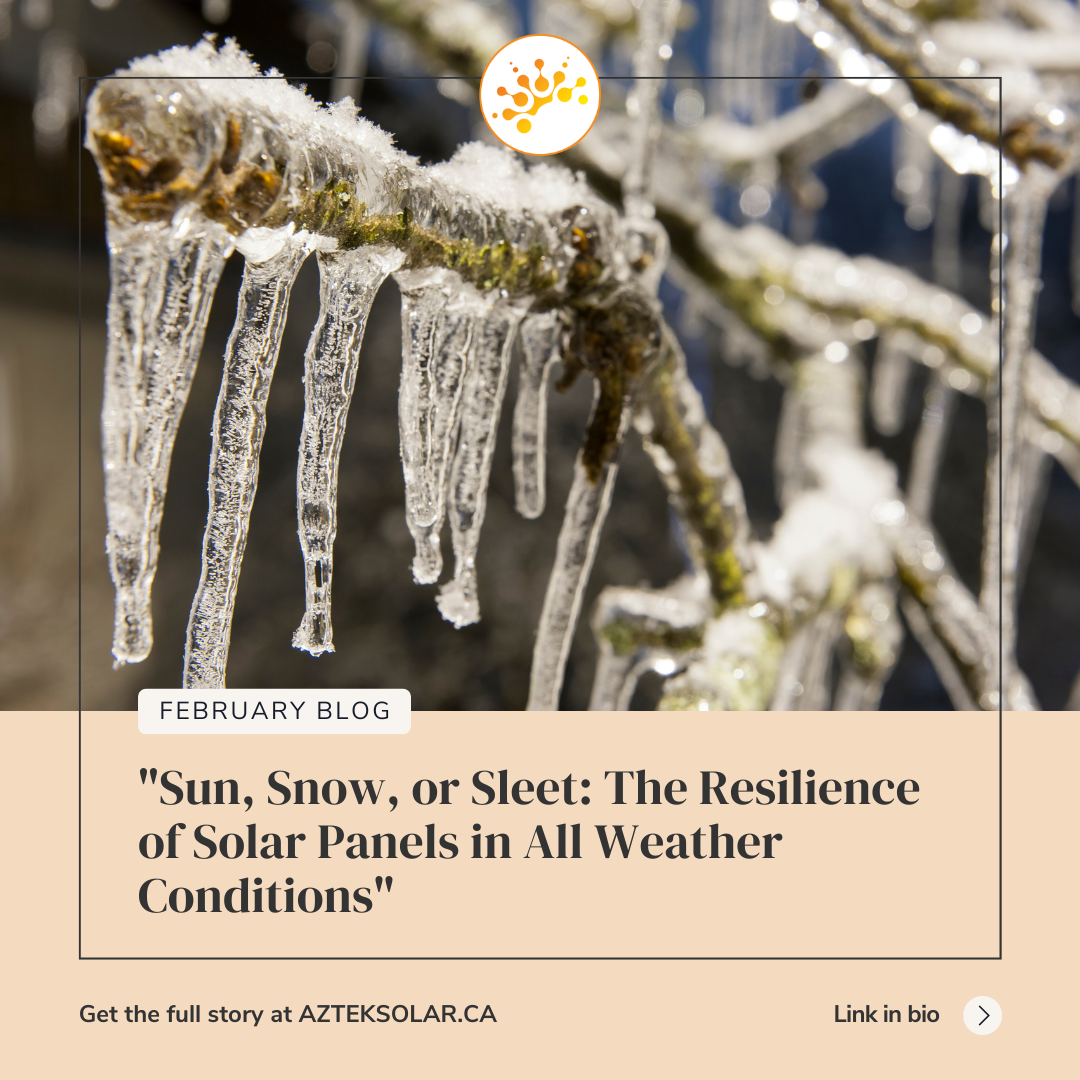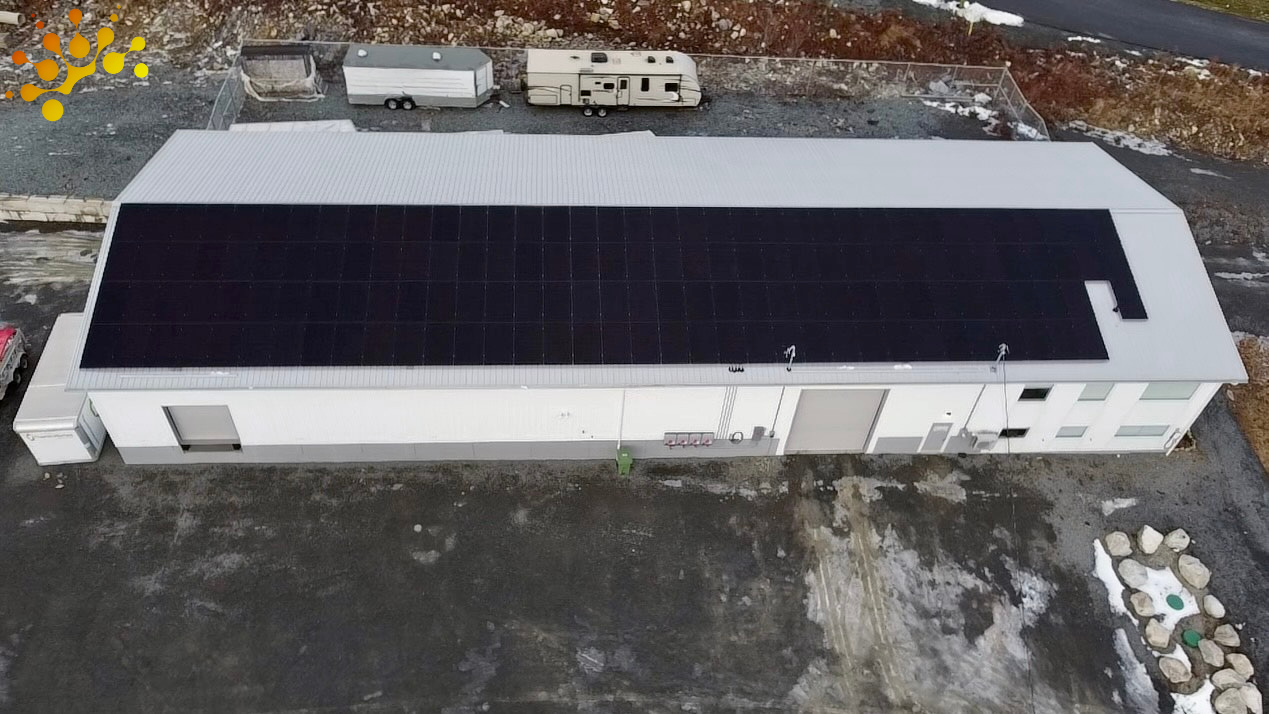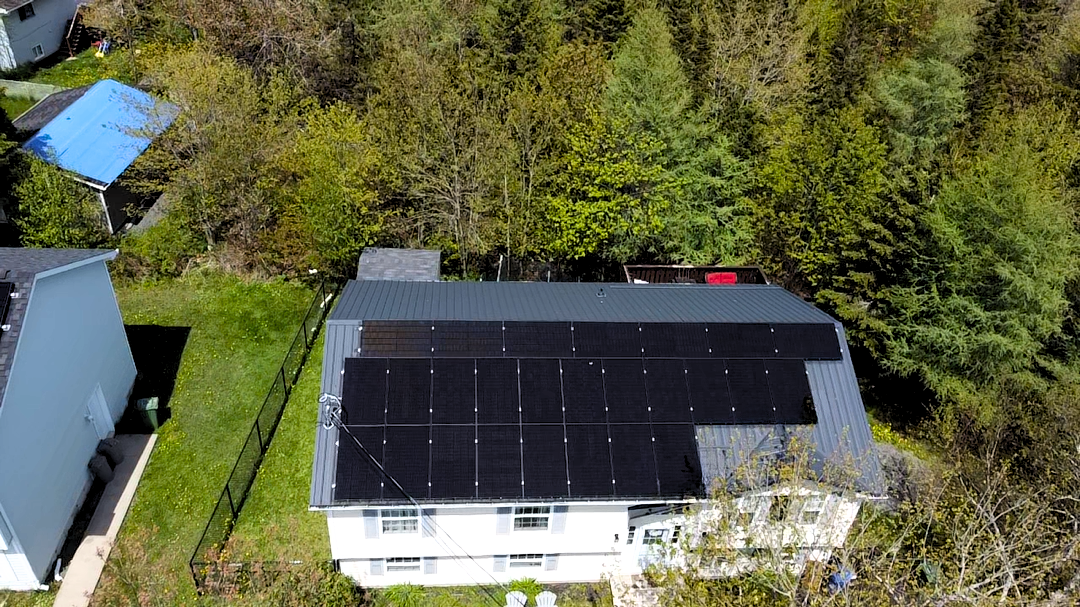How long can I really expect to use my outdoor pool if heated with solar?

Solar pool heating is the cleanest, most environmentally-friendly way of heating your pool water. It harnesses the natural energy from the sun via a solar collector. The pool water is pumped through a series of tubes over the solar collector at a constant rate. It is returned to the pool at a warmer temperature, and as the action is constant, it ensures the heat reaches all areas of the pool.
Pool water temperatures typically range from 78ºF to 82ºF. Swimming pools lose energy in a variety of ways, but evaporation is by far the largest source of energy loss. Evaporating water requires tremendous amounts of energy. It only takes 1 Btu (British thermal unit) to raise 1 pound of water 1 degree, but each pound of 80ºF water that evaporates takes a whopping 1,048 Btu of heat out of the pool.
The evaporation rate from an outdoor pool varies depending on the pool's temperature, air temperature and humidity, and the wind speed at the pool surface. The higher the pool temperature and wind speed and the lower the humidity, the greater the evaporation rate. In windy areas, you can add a windbreak—trees, shrubs, or a fence—to reduce evaporation. The windbreak needs to be high enough and close enough to the pool that it doesn't create turbulence over the pool, which will increase evaporation. You also don’t want the windbreak to shade the pool from the sun, which helps heat it.
Although pools experience evaporation all year, it becomes more prevalent during the cooler nights. As the air becomes cooler, the humidity drops and the air more readily absorbs moisture and heat from the pool water.
Hence there is no specific answer to the question that how long will your outdoor pool remain warm if heated with solar as it depends on an array of factors discussed above. However, you can definitely prolong the duration by using a pool cover.
A solid pool cover placed over the pool will dramatically reduce water evaporation. Covering a pool when it is not in use is the single most effective means of maintaining your outdoor pool’s temperature.
Technically, all you really need for a pool cover is a large sheet of plastic. Plastic meets the requirement of being a vapor barrier. But a large sheet of plastic that you get from the lumber store is probably not your best choice. It will be very difficult to handle and store, it tears easily, and sunlight will deteriorate it rapidly. You can use a sheet of plastic, but it will be very inconvenient and it will probably only last 1 to 2 seasons maximum.
It's best to use a cover designed specifically for swimming pools. They're made of special materials, such as UV-stabilized polyethylene, polypropylene, or vinyl. They can be transparent or opaque. Covers can even be light or dark colored.
Pool covers should be used during your swimming season. If you use your pool during the daytime, take off the cover just before swimming and replace the cover as soon as you're done using the pool.
If you use your pool only at night, the effectiveness of a pool cover will depend on whether the evaporation and other losses prevented by the cover exceed the solar gain reduction caused by the cover. The type of cover and the climate affects this balance. In dry and/or windy conditions, the evaporation rate of the pool increases. Therefore, it is generally beneficial to have a transparent or bubble cover on during daylight hours. In warm, humid conditions the evaporation rate decreases. In this case, it may be more beneficial to leave the cover off during the daytime.
Thanks for reading!
Brian McKay
(aka The Solar Guy)

For more information about a Solar Energy Solution, including Whole Home Solar PV and Solar Pool Heating solutions for your home or business, please contact AZTEK SOLAR for your free on-site evaluation.
AZTEK SOLAR is a leading Nova Scotia residential and commercial solar installer, serving Halifax, Dartmouth and the surrounding areas throughout rural Nova Scotia.
With expertise in a wide variety of systems, including Solar PV (grid-tied) systems, solar hot water and solar pool heating systems, AZTEK SOLAR has helped hundreds of Atlantic Canadian homeowners, farm operations, business owners and municipalities lower their energy bills while reducing their carbon footprint.
#SolarIsNow #RenewableEnergy #AztekSolar


